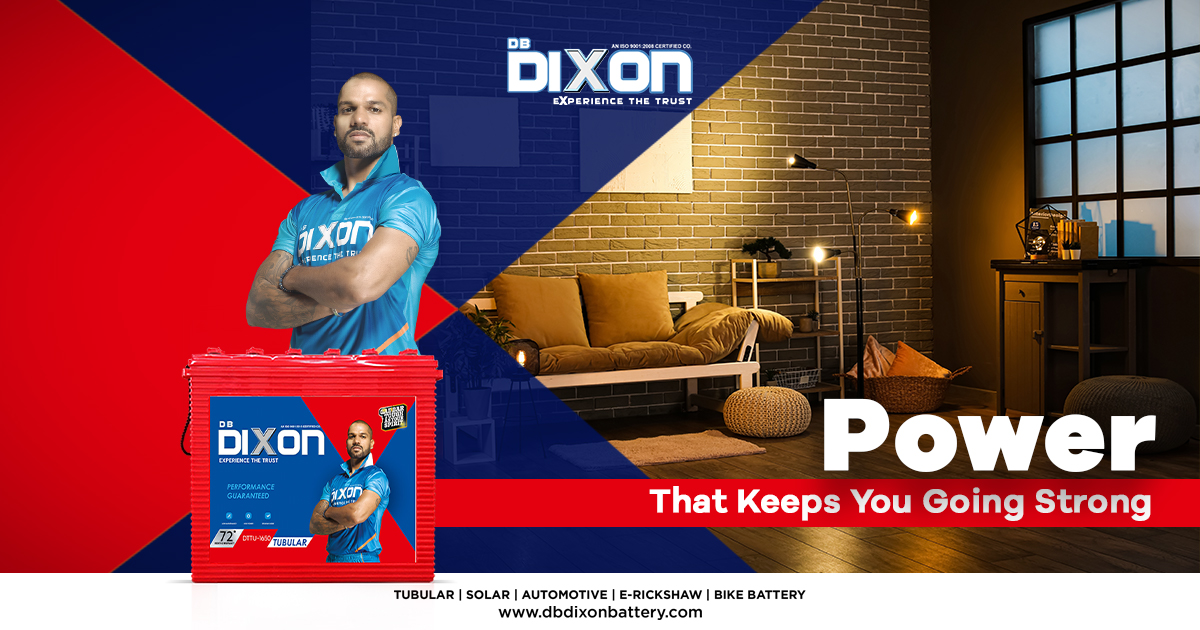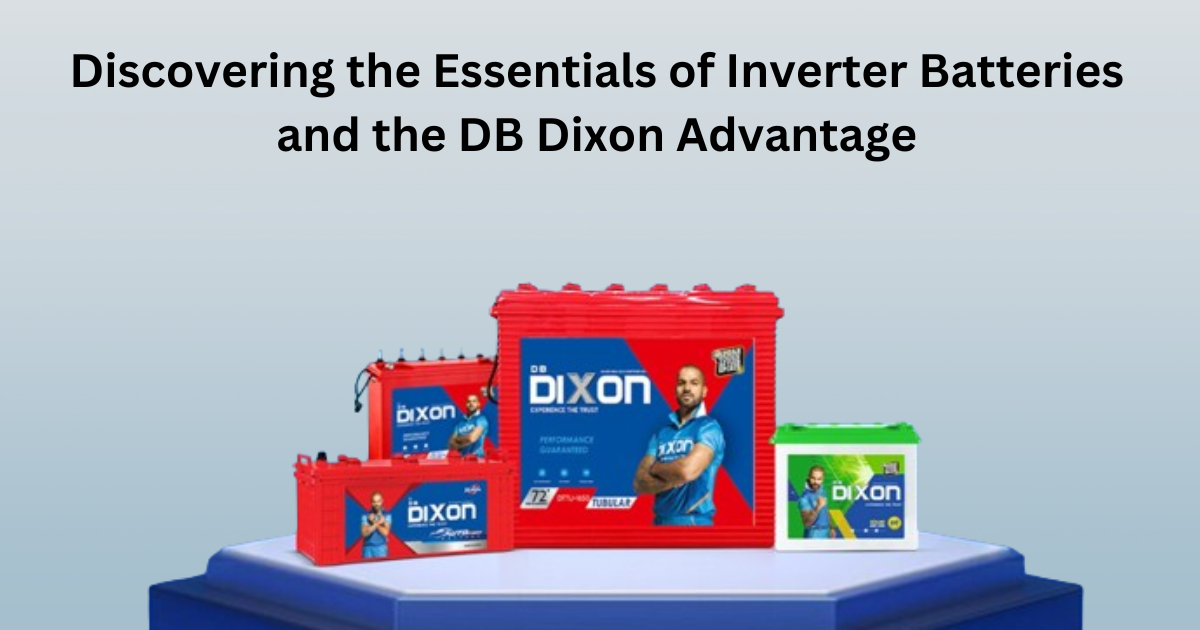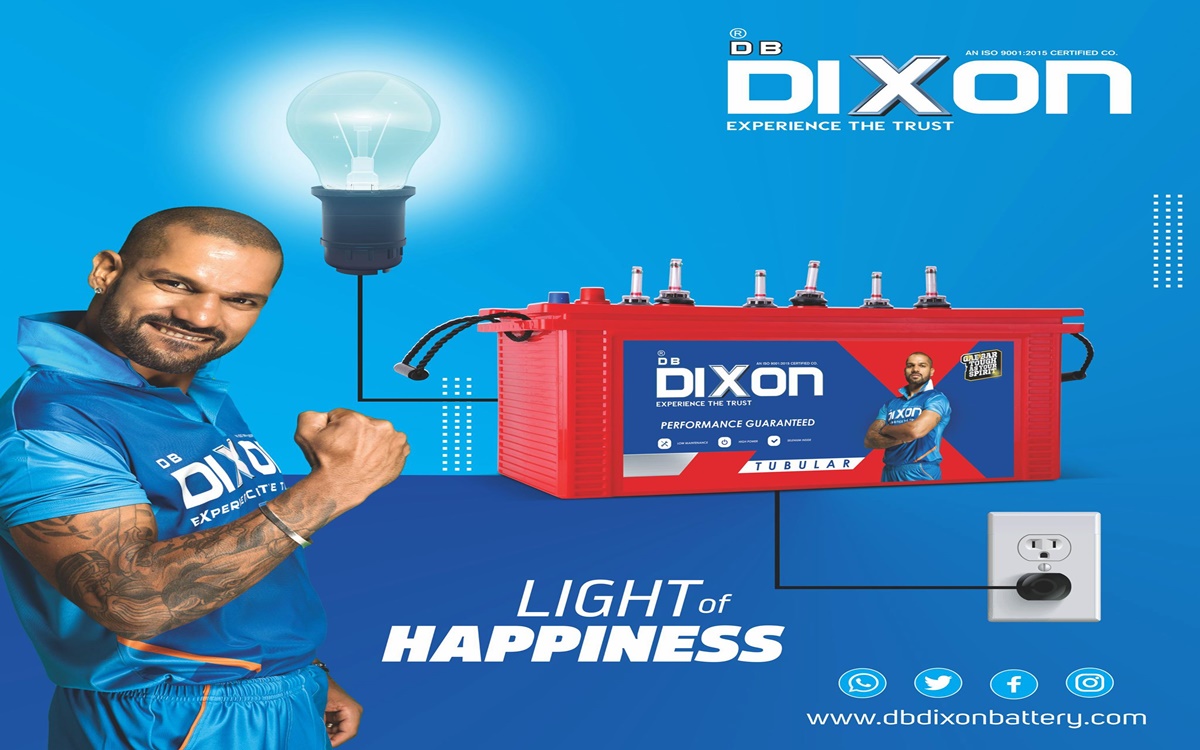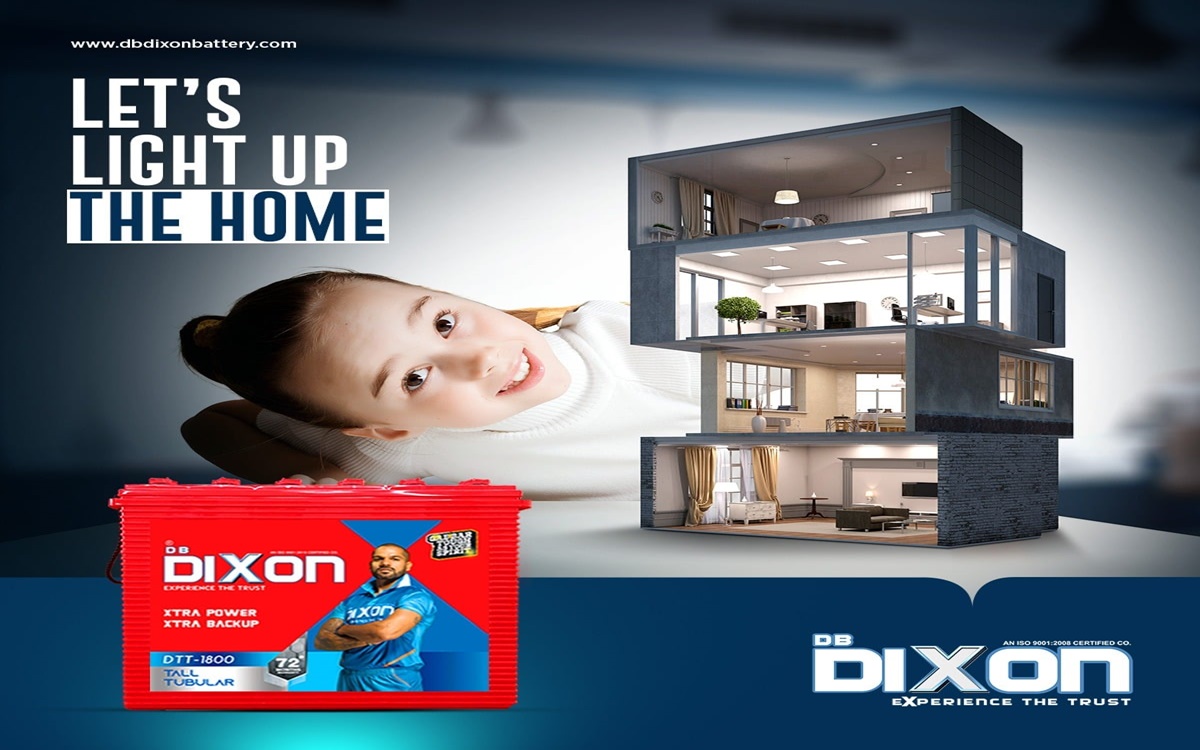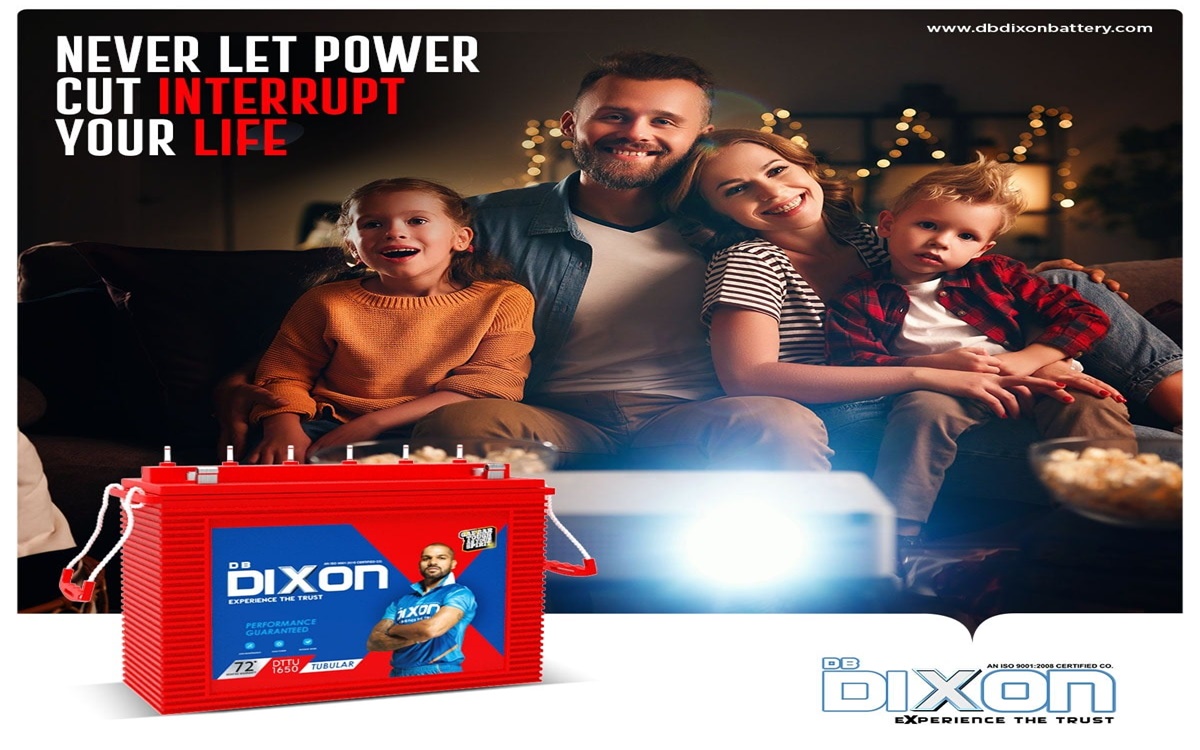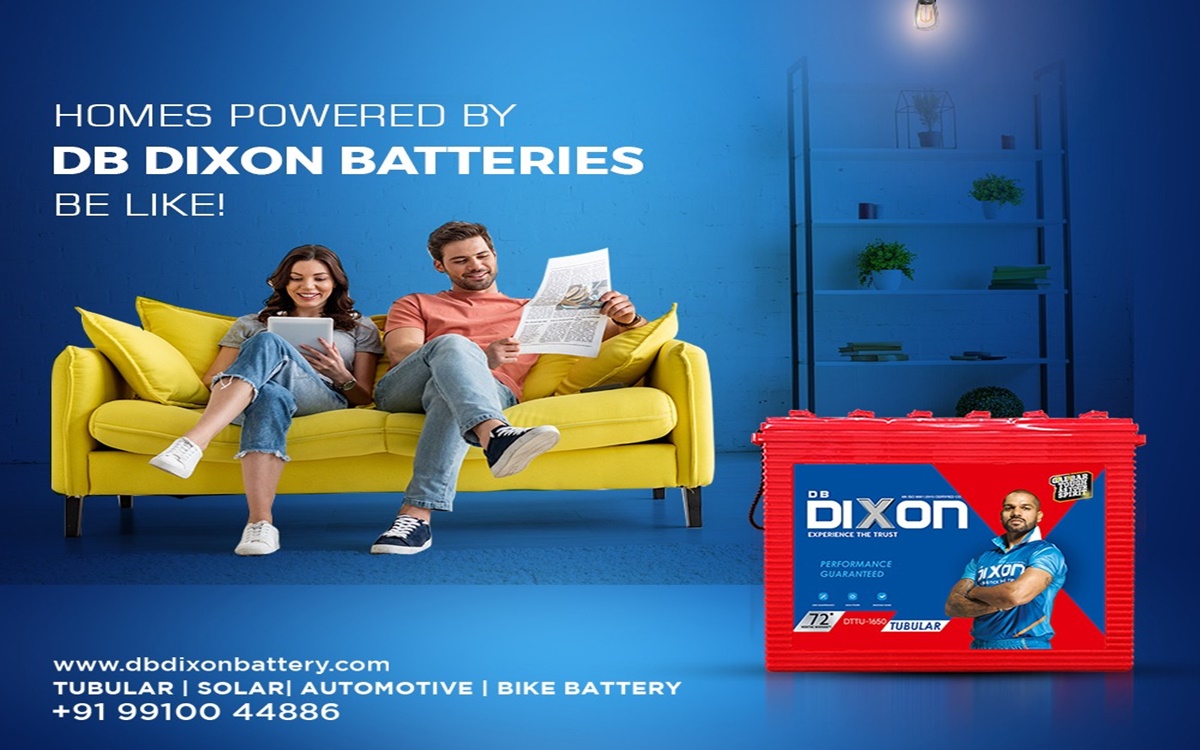As the world embraces the era of smart technology, the concept of the smart home has become increasingly prevalent. At the heart of this revolution lies the integration of advanced battery solutions, such as inverter batteries, to optimize energy usage and enhance overall efficiency. As a leading battery manufacturing company, DB Dixon is at the forefront of this transformation, providing cutting-edge battery solutions tailored to the needs of modern smart homes.
Unlocking the Potential of Smart Homes
The smart home concept revolves around the seamless integration of various devices and systems within a household, all connected through the Internet of Things (IoT). From lighting and heating to security and entertainment, smart home devices offer convenience, comfort, and energy savings. However, the increasing complexity of these systems also brings higher energy demands, making efficient energy management essential.
The Role of Batteries in Smart Homes
Inverter batteries play a pivotal role in enabling energy optimization and resilience within smart homes. These batteries serve as a reliable backup power source, ensuring uninterrupted operation of critical systems during power outages. Moreover, advanced inverter batteries are equipped with smart technology features that allow for dynamic energy management, load balancing, and integration with renewable energy sources such as solar panels.
Optimizing Energy Usage with Smart Technology
One of the key advantages of integrating batteries into smart homes is the ability to leverage artificial intelligence (AI) and machine learning algorithms for energy optimization. Smart inverter batteries continuously monitor energy consumption patterns, weather forecasts, and household activities to intelligently manage power distribution and storage. Through predictive analytics, these batteries can anticipate energy demand fluctuations and adjust operations accordingly, maximizing efficiency and reducing costs.
Enhancing Energy Resilience
In addition to optimizing energy usage, batteries in smart homes provide essential backup power during grid outages or fluctuations. With built-in intelligence, these batteries can prioritize critical loads, such as lighting, security systems, and refrigeration, ensuring continued functionality and comfort for homeowners. Furthermore, the seamless integration of batteries with smart home automation systems allows for remote monitoring and control, providing peace of mind and security even when away from home.
The Future of Smart Energy
As technology continues to advance, the potential for batteries in smart homes is virtually limitless. The integration of AI, blockchain, and decentralized energy systems holds promise for creating more resilient, efficient, and sustainable energy ecosystems. With DB Dixon’s innovative battery solutions leading the way, smart homes are poised to become the cornerstone of a cleaner, smarter, and more connected future.
Conclusion: Powering the Future with DB Dixon Batteries
In conclusion, the integration of batteries into smart homes represents a transformative shift in the way we consume, manage, and interact with energy. By harnessing the power of smart technology and advanced battery solutions, homeowners can optimize energy usage, enhance resilience, and contribute to a more sustainable future. With DB Dixon’s industry-leading battery technology, the smart home revolution is not just a vision but a tangible reality, empowering homeowners to embrace a more intelligent and efficient way of living.
Experience the future of smart energy with DB Dixon’s innovative inverter batteries. Contact us today to learn more about our cutting-edge battery solutions and how they can power your smart home transformation. Let’s shape the future of energy together!
